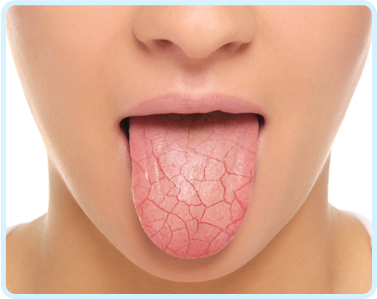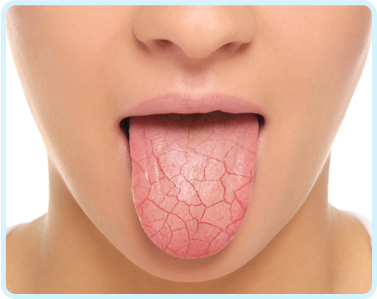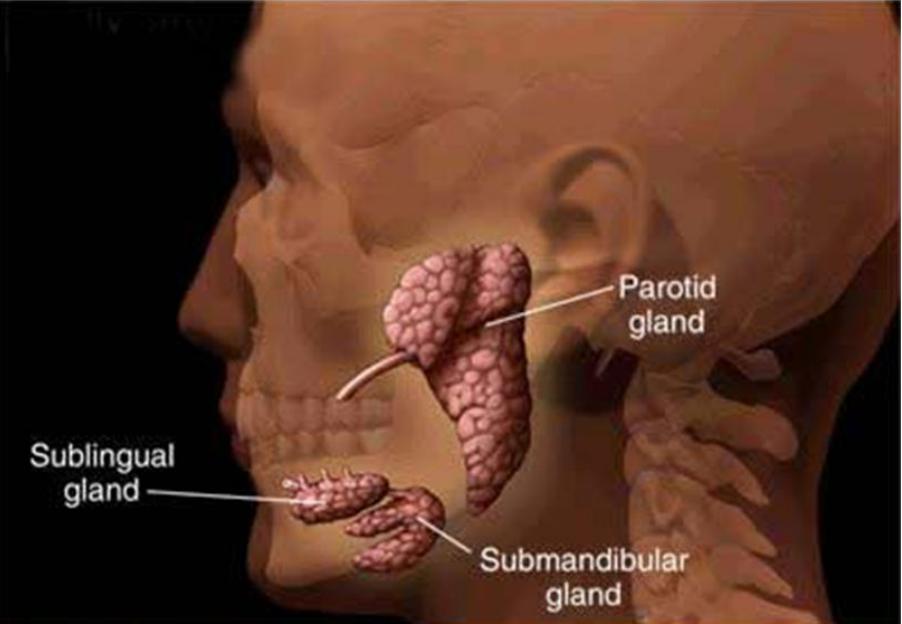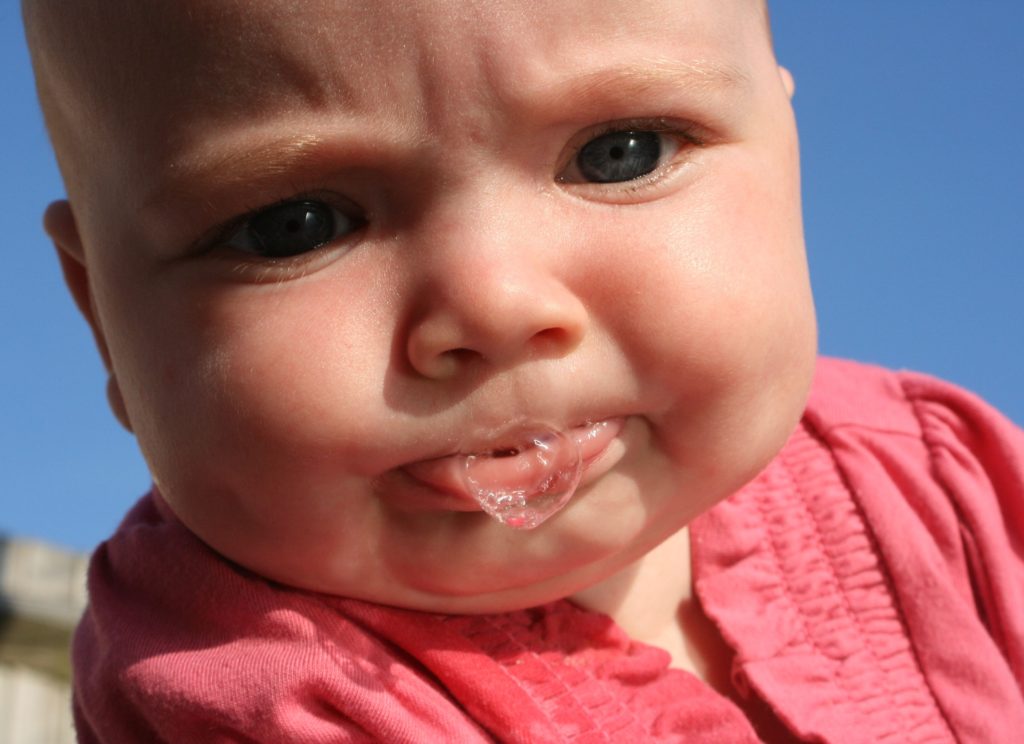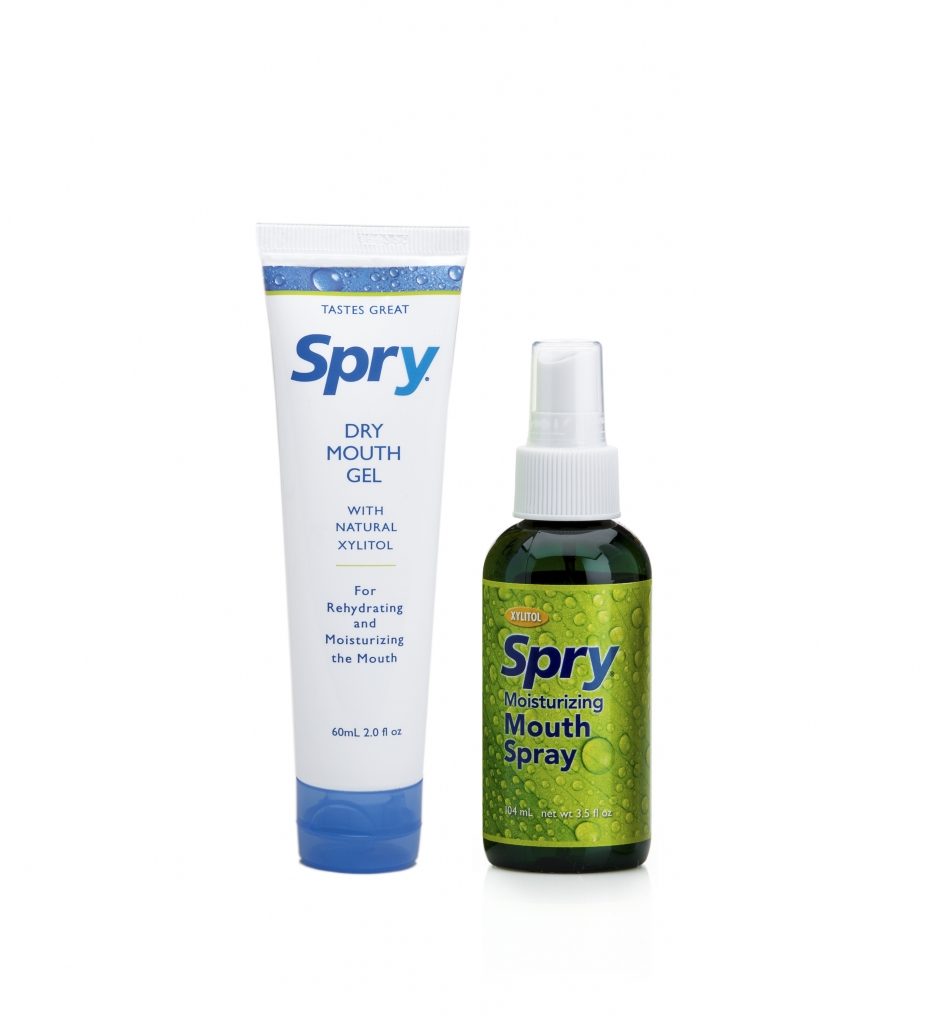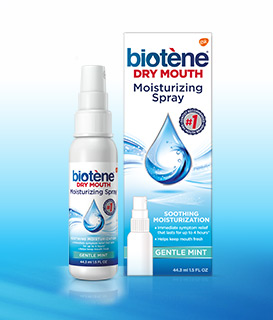Dry Mouth aka Xerostomia
Xerostomia is a condition where the body doesn't produce enough saliva. Saliva is produced and secreted by three pairs of salivary glands located in your cheeks and under your tongue.
Symptoms of Dry Mouth
- Dryness or sticky feeling in your mouth
- Bad breath
- Difficulty speaking or swallowing
- Difficulty chewing
- Dry, groovy, and/or sore tongue
- Change in taste perception
- Hoarseness
It's all About Spit?
Saliva, aka spit, plays a very important role in your oral health. On average, a person produces around one liter of saliva per day! Saliva keeps oral tissues moist, which protects them from wear and tear (sometimes literally). Saliva helps flush harmful bacteria out from under gums and in between teeth. It provides a source of minerals, such as calcium and phosphorus, which help rebuild weakened or sensitive areas of teeth. Last but certainly not least, saliva aids in digestion by starting to breakdown carbohydrates right on the spot! Next time you are enjoying a banana or piece of toast, send a little love to your salivary glands for working hard!
What Causes Dry Mouth?
- Medication - meds used to treat blood pressure, depression, allergies, pain, asthma, cancer, and hormonal imbalance are notorious for causing dry mouth.
- Aging - as we age, salivary function tends to decrese
- Dehydration - one of the most common causes of dry mouth. Your body cannot produce saliva without adequate fluid intake.
- Stress - fight or flight response causes a decrease in production
- Autoimmune Disease - xerostomia is often associated with many autoimmune diseases, especially Sjorgen's syndrome and Crohn's disease.
- Tobacco, Alcohol, and Recreational Drug Use - all may increase symptoms of dry mouth.
Complications of Dry Mouth
- Increased tooth decay and gum disease
- Bad breath
- Tender gums, tongue, and throat
- Cracking or splitting of oral tissues and lips
- Poor nutrition from difficulty eating/digesting foods
- Difficulty with dentures
- Mouth sores and infections such as thrush
Treatment for Dry Mouth
- Increase water intake a frequency of drinking. Keeping water nearby and taking sips all day long can help.
- Use over-the-counter mouth moisturizers such as Biotene. These products help coat and moisturize oral tissues all day/night for a more comfortable, safe oral status.
- Chew sugar free gum, preferably sweetened with natural xylitol. Spry makes a great line of xylitol oral health products that can help decrease decay risk and increase moisture in your mouth.
- Talk to your doctor about other medication options that may be less likely to cause xerostomia. Medications to increase salivary production may also be an option of you.
- Moisturize your lips
- Consider using additional oral care products that contain fluoride such as mouthwash or prescription strength paste to protect your teeth from decay.
- Avoid excessive amounts of caffeine and alcohol as they can have a diuretic effect.
You don't have to suffer through xerostomia! If you are experiencing dry mouth, give us a call so we can help you navigate a plan that works best for you.
